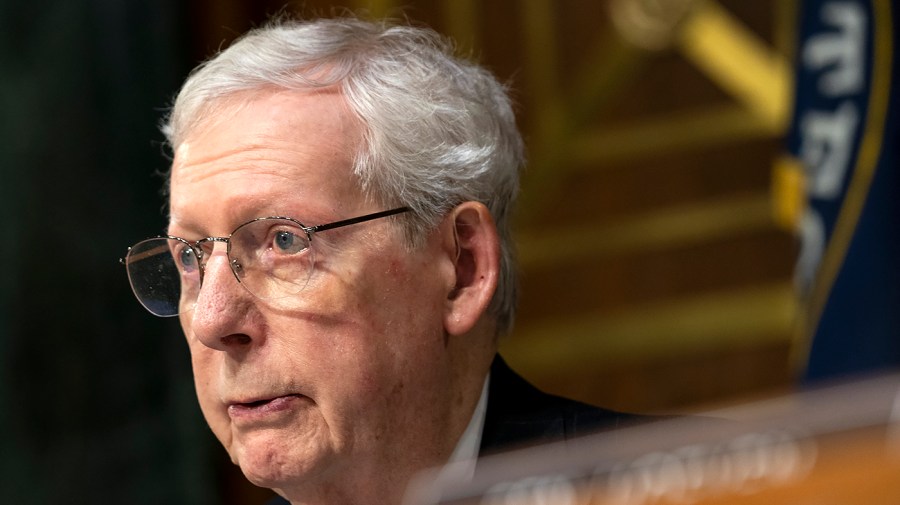McConnell Opposes RFK Jr.’s HHS Nomination Over Vaccine Stance
Senate Minority Leader Mitch McConnell has voiced strong opposition to Robert F. Kennedy Jr.’s nomination as Secretary of Health and Human Services (HHS), citing concerns over Kennedy’s history of vaccine skepticism. This development adds a significant Republican voice to the opposition against Kennedy’s confirmation.
Key Points:
McConnell, a polio survivor, stated he “will not condone the relitigation of proven cures”. The Senate confirmed Kennedy as HHS Secretary in a 52-48 vote, with McConnell being the sole Republican to vote against. Kennedy’s nomination has been controversial due to his past statements on vaccines and other health issues.
McConnell’s Stance
McConnell, who contracted polio as a child, has been a staunch advocate for vaccines. He emphasized the life-saving impact of the polio vaccine and warned against undermining public confidence in proven medical treatments. “The polio vaccine has saved millions of lives and held out the promise of eradicating a terrible disease,” McConnell said. “Efforts to undermine public confidence in proven cures are not just uninformed — they’re dangerous.”
Confirmation Process and Controversy
Despite opposition, Kennedy was confirmed as HHS Secretary in a largely party-line vote of 52-48. His nomination and confirmation process have been marked by controversy:
1. Vaccine Skepticism: Kennedy has a long history of questioning vaccine safety and efficacy, which has been a primary point of contention.
2. Confirmation Hearings: During Senate hearings, Kennedy faced intense scrutiny over his past statements on vaccines and other health issues.
3. Republican Support: Most Republicans, including some who initially expressed reservations, ultimately voted to confirm Kennedy.
4. Democratic Opposition: All Democratic senators voted against Kennedy’s confirmation.
Potential Impacts
Kennedy’s confirmation as HHS Secretary could have significant implications for U.S. public health policy:
1. Vaccine Policy: There are concerns that Kennedy’s views could influence vaccine-related policies and public messaging.
2. Public Health Trust: Some worry that Kennedy’s appointment might erode public trust in health institutions and scientific consensus.
3. Health Agency Leadership: As HHS Secretary, Kennedy will oversee crucial health agencies like the CDC, NIH, and FDA.
4. Healthcare Reform: Kennedy has promised to focus on reducing healthcare costs and addressing chronic diseases.
Background
Robert F. Kennedy Jr., an environmental lawyer and member of the prominent Kennedy family, has been a controversial figure in public health debates for years. His nomination by President Trump was seen as a nod to Kennedy’s “Make America Healthy Again” platform, which focuses on food safety, environmental toxins, and healthcare reform.
Diverse Perspectives
Supporters of Kennedy’s nomination argue that he will bring fresh perspectives to health policy and focus on overlooked issues like environmental factors in chronic diseases. Critics, including many public health experts and even members of Kennedy’s own family, worry that his views on vaccines and other scientific issues could harm public health efforts.
As the new HHS Secretary, Kennedy’s actions and policies will be closely watched by both supporters and critics in the coming months.









